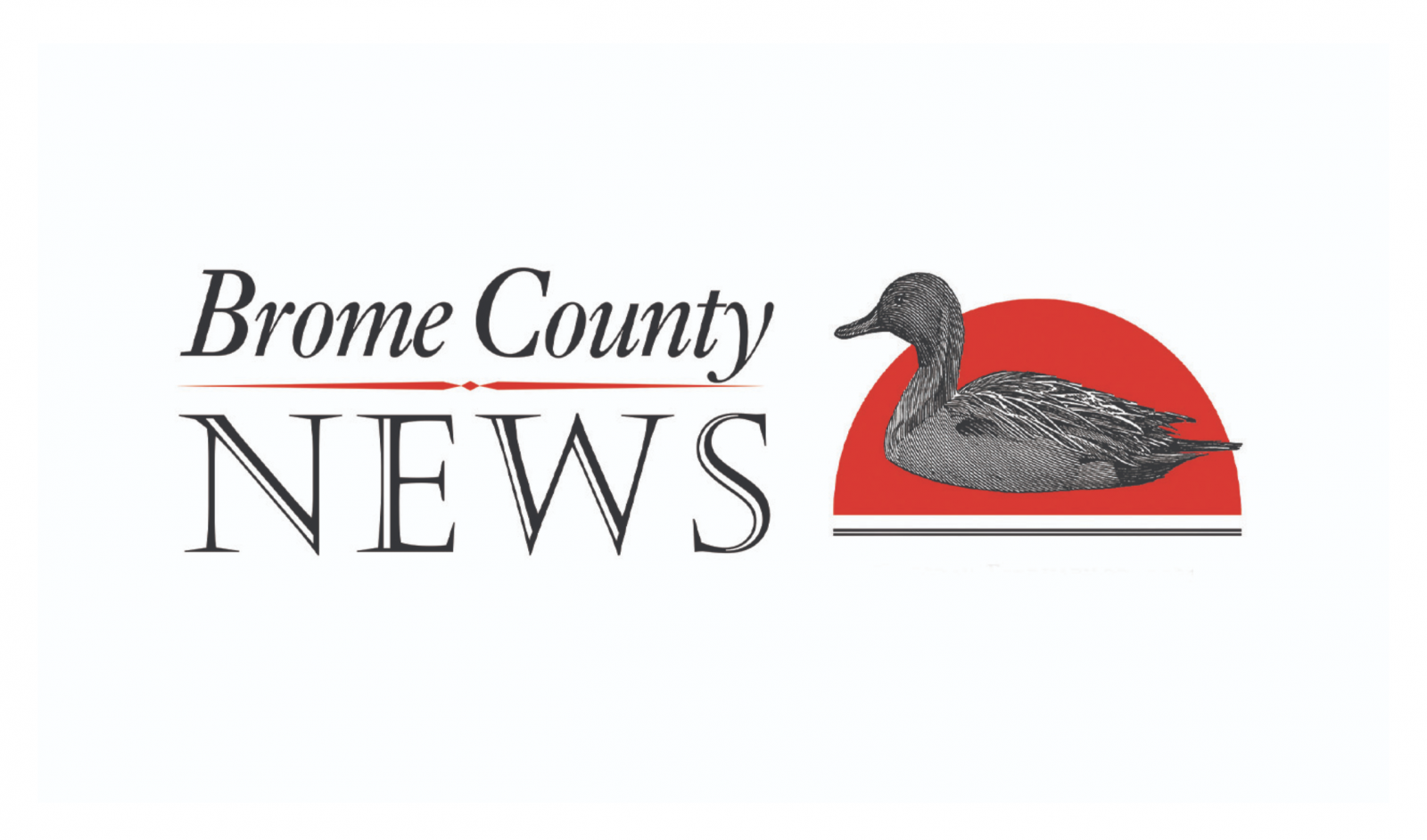Recently announced changes to the French immersion program at Massey-Vanier High School are not sitting well with some parents and alumni.
Earlier this year, the school’s board of governors decided to cancel the French immersion program for Secondary 3 students.
Michael Murray, chair of the Eastern Townships School Board, explained that the decision was made in order to offer Secondary 3 students, both inside and outside the immersion program, greater flexibility in scheduling.
“The decision was made after two years of discussions; it was not done on impulse,” Murray said. “One of the difficulties with French immersion in a small school is that you have a group in immersion and a group outside immersion, and both have limitations to their schedules because immersion students have to move as a group.” He said he hopes that the school will now be able to offer a wider range of other courses to Secondary 3 students.
He emphasized that the decision was not intended as a rejection of French immersion or bilingualism, and that governing board chair Marc Mercure was “one of our most ardent advocates of more French.”
He is concerned that the resulting outcry has created a perception that the governing board was acting in bad faith. “It’s very unfortunate that a well- informed decision should be treated as though it were malicious,” he said.
Murray said parents of Secondary 2 immersion students were consulted as part of the decision-making process. William Miller, the mayor of Brome Village and the father of a Secondary 2 student, said he has no recollection of being consulted. “Unless our daughter was absent that day, she has no recollection of anyone asking her opinion either,” he said. “Why would [the school] take away a program that has been successful for 30 years, especially at a time when the government is pushing more French?”
Jessica Brown, a Knowlton-based real estate agent, is a graduate of the program, as are her two oldest children and two adult stepchildren. “This program is how I became bilingual,” she said. In late May, she launched a petition opposing the change, which has gathered 140 signatures.
Brown said her youngest daughter, who is 12, had been expecting to start Secondary 2 in the immersion program, but would instead spend the next two years in the French system.
“We made the decision we felt was best for her,” Brown said. “I don’t want my kids to end up leaving the province because they feel their French skills aren’t strong enough.” Murray countered that it wasn’t unusual for students at the bilingual high school to switch back and forth between the English and French systems, based on what parents believed was in their best interest at any given time.
Like Miller, Brown expressed concerns that the program had been modified with limited consultation. After calling the school, she said she was told the matter had been discussed at an open house in January which she had not attended, and a flyer about the proposed change had been included in a Publisac, which she had not seen. “I am blown away by the lack of communication … but I take full responsibility, in the sense that I didn’t get involved and I’m sitting here after the fact,” she said.
Murray mentioned that the decision would be up for review at the end of the 2022-2023 school year, and that “strong demand from parents” may influence a future governing board decision to keep the two-year program or bring back the previous three-year program.
He said parents and members of the public were welcome to attend monthly meetings of the governing board, where decisions about course offerings are made and debated. The minutes “are all public information, and for some parents to say they were not informed or consulted is to put the shoe on the other foot,” he said. He hopes the debate over French immersion will motivate more parents to attend board meetings and participate in school governance.


